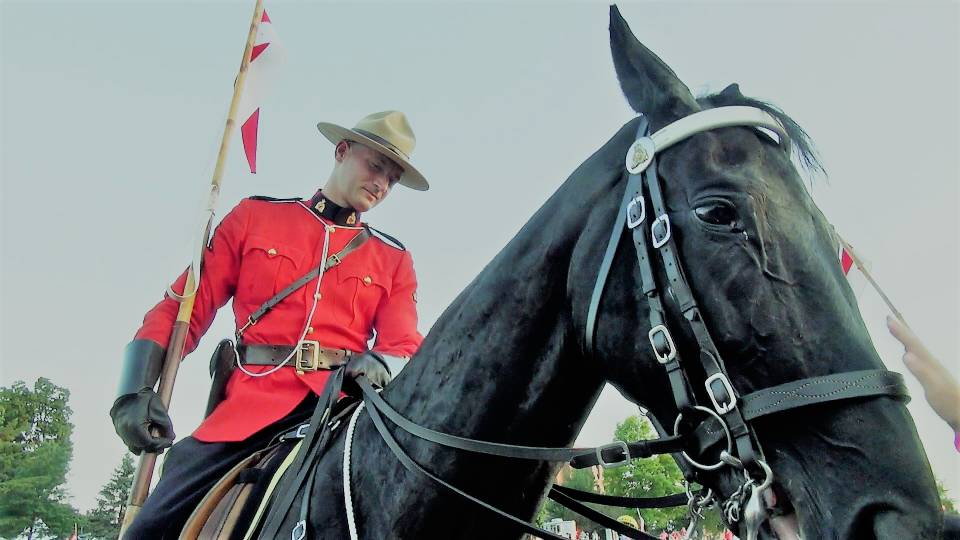Celebrating Canada Day on CBC: Jim’s Story
Introduction
To mark Canada’s 150th year as a nation, our taxpayer funded state broadcaster, the CBC, invited Canadians to “tell their story”. Stories which would provide material for their Heritage Moment videos.
Well, this is one man’s story. Almost every man’s story. But unfortunately it is not the kind of story that the CBC wants to include in its “inclusive” portrait of what it means to be a Canadian.
Our protagonist, you see, is flawed. He is not an immigrant. He is not a refugee. He is not a woman of colour. And he is not a “she” — or something in between. To make matters worse, he is not a member of the Arts Community. He is not a native dancer, carver or a story-teller — or an over-rated, second-rate cultural icon who owes his celebrity to CBC promotion. Nor is he an immigration lawyer, a grievance monger, the head of an identity group or a social justice crusader.
In fact, he is just an ordinary working class Canadian. That was his fatal mistake. To the CBC, if you’re not marginalized, you’re not interesting. If you can’t produce a registered victim card, you are not the kind of Canadian that the CBC wants to hear from.
But we must not allow the CBC to be the gatekeeper of stories. We must try to give “ordinary man” a voice and a platform. Here then, I give you:
Jim’s Story
He did it. Jim Thatcher did it. He survived Aboriginal Month in Canada.
Day after day, Jim took a pummeling. The CBC gave it all they had. They threw everything at him:
Tendentious news item after tendentious news item. Heartrending human interest story after heartrending human interest story.
Interview after interview with native heroes who stood up to racism, bullying and stereotyping.
Constant reminders about how the residential school system impacted indigenous people, and why all of their failings can be attributed to that legacy.
Allegations about racial profiling and the “carding” of urban aboriginal residents who are being stopped by the police at higher rates than whites. For no good reason, they tell us.
Observations about the high incarceration rates of native men with the implication that they are not there for a legitimate reason. They were victims of a biased justice system. Or they were all profiled. Or if felonies were committed, well, it’s all down to the legacy of residential schools and broken families.
Assumptions about “systemic” racism when unequal outcomes couldn’t be attributed to specific , unproven discriminatory actions. It is axiomatic that all people are created equal, right? Therefore if we don’t wind up at the finish line at the same time, it can only be because some of us got a head start. It’s a fix. A stacked deck.
Read the rest of Tim Murray’s article here.






















